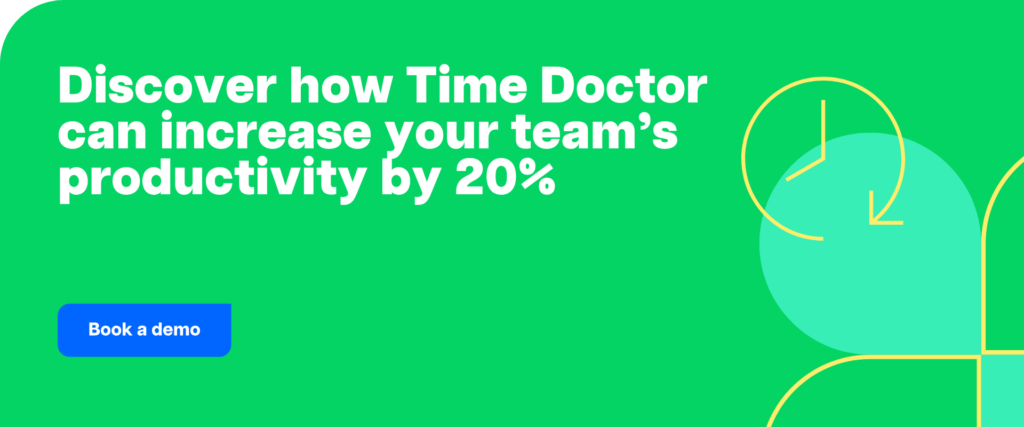With its many benefits, remote work has become increasingly popular in today’s ever-changing workplace. It allows for more concentrated, in-depth work with fewer disruptions. The inherent advantages of remote work arrangements have been clarified by a groundbreaking Hubstaff investigation, which also offers convincing evidence that highlights the productivity and efficiency of remote employees in comparison to their in-office counterparts.
Revealing the information: An extensive look at productivity
According to Hubstaff’s first investigation into relevant workforce data, remote employees are far less interrupted and are also much more engaged in focused activities. Based on actual workforce statistics, this research emphasizes the subtle advantages of working remotely, particularly for jobs requiring constant concentration, including virtual assistants, developers, and marketers.

The statistical advantage of increased focus time from remote work
- Increased daily focus Time: Remote employees outpace their in-office counterparts by dedicating an average of 273 minutes (4.55 hours) to focused tasks each day, compared to the 223 minutes (3.72 hours) allocated by those in an office environment.
- Annual productivity savings: By working remotely, professionals avoid approximately 62 hours of potential interruptions each year that they would otherwise encounter in an office setting.
- Reduced interruption frequency: Remote employees experience fewer daily interruptions, averaging 2.78 interruptions per day, in contrast to the 3.40 interruptions faced by office employees.
Remote employees average approximately 22.75 hours of focused work per week, compared to the 18.6 hours of their in-office counterparts. However, work weeks and times can vary, especially in remote work.
Remote team members spend 22% more time on focused work than office employees, adding up to 4.15 hours per week.

The consequences for successful modern business
The idea that workplaces are better for productivity and cooperation is being challenged by the trend toward remote employment. According to Hubstaff’s research, remote teams may become more focused and productive. This makes a strong argument for the remote work paradigm.
The cost of interruptions
- Recovery time: After an interruption, it takes an average of 23 minutes for people to focus again, according to research from the University of California, Irvine.
- Weekly loss: It is estimated that office employees lose 6.52 hours a week—nearly a full workday—regaining attention following disruptions.
The economic viewpoint
The remote work arrangements can result in considerable cost savings based on typical pay across states. This is because companies can save a significant amount of money in overhead costs such as office space, utilities, and equipment by allowing their employees to work from home.
Working from home as a competitive advantage
In addition to increasing employee productivity, remote employment gives companies a competitive edge. Companies may use remote work to close productivity gaps and realize the full potential of their personnel by minimising disruptions and facilitating greater focus.
Examining remote vs. office work in more detail
The clear difference between office and remote employees’ concentrate times and interruptions highlights how productive virtual work settings may be. This distinction affects not just the performance of the person but also the effectiveness and success of the organization as a whole.
Conclusion
Thanks to Hubstaff’s analytical research, organizations can now view remote work as a strategic strategy to achieve improved productivity and efficiency, rather than just a stopgap solution. Companies may unleash the potential for more focus, cut down on expensive disruptions, and create the conditions for long-term success in the current business environment by adopting remote work.
This innovative data not only supports the benefits of remote work but also pushes businesses to review their work arrangements in light of the significant advantages of flexibility and concentrated work settings.


